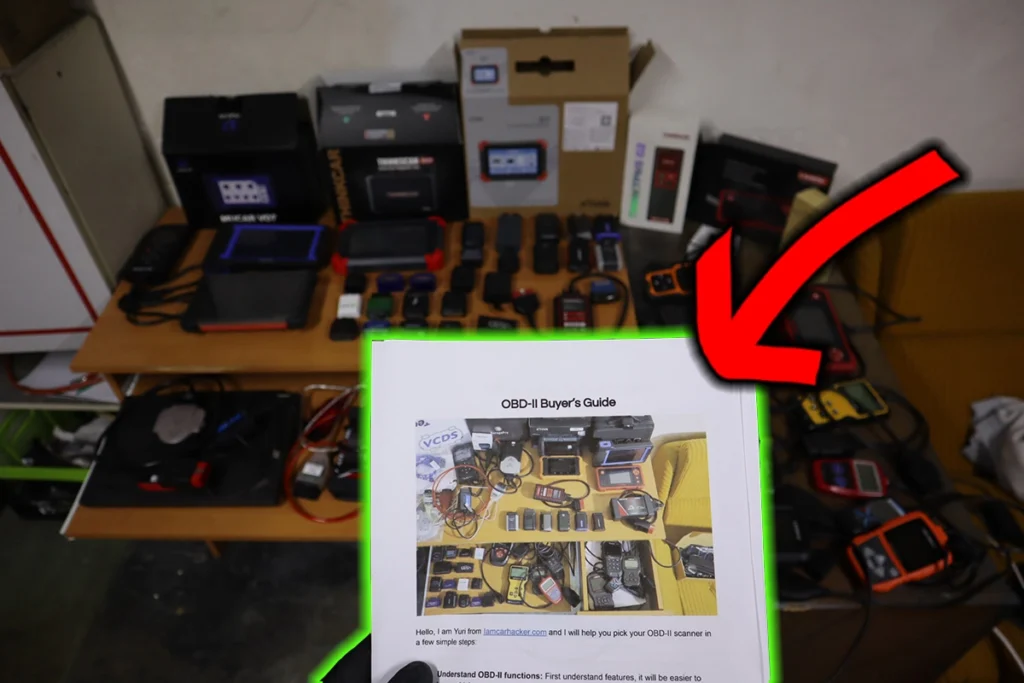The code P068A typically points out a fault in the ECM or PCM power relay, and it can affect the starting and operation of your vehicle. While it’s not usually considered extremely serious, it should be addressed to prevent potential starting and drivability issues.
P068A quick overview
| Meaning | P068A: ECM/PCM Power Relay Deenergized Too Early |
| Is it serious? | It’s not extremely serious, but it can lead to starting and drivability problems, so it should be addressed. |
| Possible causes | – Faulty ECM/PCM power relay. – Wiring or connection issues in the power relay circuit. – Low battery voltage or a weak battery. – Problems with the ECM or PCM itself. |
| How to diagnose? | 1. Check the battery voltage to ensure it’s within the specified range. 2. Inspect the wiring and connections related to the ECM/PCM power relay. 3. Test the power relay for proper operation or replace it if necessary. 4. If the issue persists, consider having the ECM or PCM inspected by a qualified technician. |
| What is Engine control module? | ECM stands for “Engine Control Module.” It’s a crucial component in a vehicle’s electronic control system, responsible for managing and regulating various engine functions. |
In simple terms, the code P068A means that the power relay for the engine’s computer (ECM/PCM) turned off sooner than it should have. This can disrupt the normal operation of the engine control module.
Free PDF: How to choose OBD2 scanner

I’ve made you a free PDF to choose the OBD2 scanner in 5 minutes.
✅ Which OBD2 scanner is best?
✅ Which type should you get (DIY, Pro, Hobby)
✅ What is the best scanner for the exact brand/feature (e.g best for BMW)
✅ How to get a Bi-Directional tool for as cheap as $40
✅ Discount coupons for scanners
PDF is 100% free and it is designed to help you pick a scanner in less than a few minutes! Not a boring 50-page guide.
Just tell me where to send it.
How to fix P068A – learn from mechanics
I looked into P068A service cases at iatn.com website where in the private forums the mechanics seek advice from other mechanics. I looked up a bunch of cases to help you decide how to fix your issue and see what would a real mechanic do to solve it.
Case #1: Audi
Vehicle Information:
2009 Audi A3 2.0L
Issue + Repair History:
- Transmission problems when the engine is cold, jerking during downshifting, and RPM fluctuations.
- Camshaft position sensor (P0343) was replaced, but the issue persisted.
Suggestions from the Community:
- Check the charging system for low voltage related to codes P068A, P0562, P0150A.
- Examine freeze frame data for signs of low battery voltage.
- Consider servicing the gearbox and updating the software.
Final Fix:
The dealer provided a new transmission under warranty, which resolved the problem.
Case #2: Volkswagen
Vehicle Information:
2009 Volkswagen GTI 2.0L
Issue + Repair History:
- Misfire on cylinder 2.
- Intake manifold was replaced due to physical damage.
- Carbon buildup on valves was cleaned.
- No. 2 injector, all four coils, and spark plugs were replaced.
Suggestions from the Community:
- Investigate the possibility of a bent intake valve.
- Check coil signals for issues.
- Perform a running compression test.
- Verify the camshaft and crankshaft signals.
- Check the power relay and voltage after the relay.
Final Fix:
A bent intake valve on cylinder 2 was discovered, which initially passed the compression test but caused intermittent misfires. Repairing the valve resolved the issue.
Case #3: Ford
Vehicle Information:
2012 Ford F-350 Super Duty King Ranch 6.7L
Issue + Repair History:
- Engine short block was replaced due to a main bearing problem under an extended warranty.
- Post-repair issues included slow crank, sluggish throttle response, P1291 code, poor power balance on cylinders 1, 7, 6, and 4, low fuel pressure, and engine derate messages.
- The glow plug module was accidentally connected to the wrong harness.
Suggestions from the Community:
- Diagnose a potential PCM issue.
- Inspect the injector harness for damage.
- Reprogram the PCM to address the issues.
Final Fix:
A damaged injector wire harness was found shorting out bank 1 injectors. Repairing the harness resolved the issue.
Case #4: Mercedes
Vehicle Information:
2012 Mercedes-Benz GL350 Bluetec 4Matic 3.0L
Issue + Repair History:
- The engine would crank but fail to start after 1-2 hours of driving.
- No start was observed after 1-25 minutes of rest, but the engine would start after about 25 minutes.
- Occasionally had a history code 130F00.
- Replacements included the fuel lift pump, secondary venturi pump, fuel pump relay, quantity control valve, engine module, rear SAM module, fuel filter (multiple times), high-pressure pump, and all six injectors.
Suggestions from the Community:
- Check the crankshaft position sensor (CKP) for faults.
- Inspect for loose hoses on the suction side of the fuel system.
- Consider replacing the CKP if no other issues are found.
Final Fix:
The crankshaft position sensor (CKP) was replaced, and the issue was resolved. The vehicle started consistently without further problems.
Free PDF: How to choose OBD2 scanner

I’ve made you a free PDF to choose the OBD2 scanner in 5 minutes.
✅ Which OBD2 scanner is best?
✅ Which type should you get (DIY, Pro, Hobby)
✅ What is the best scanner for the exact brand/feature (e.g best for BMW)
✅ How to get a Bi-Directional tool for as cheap as $40
✅ Discount coupons for scanners
PDF is 100% free and it is designed to help you pick a scanner in less than a few minutes! Not a boring 50-page guide.
Just tell me where to send it.

Hi, I am Juraj “Yuri” Lukacko. I got frustrated by unhelpful and scammy mechanics, so I decided to learn everything about car diagnostics myself. I test dozens of new car diagnostic tools every month along with learning new strategies to fix and customize cars. About Juraj Lukacko (Yuri)